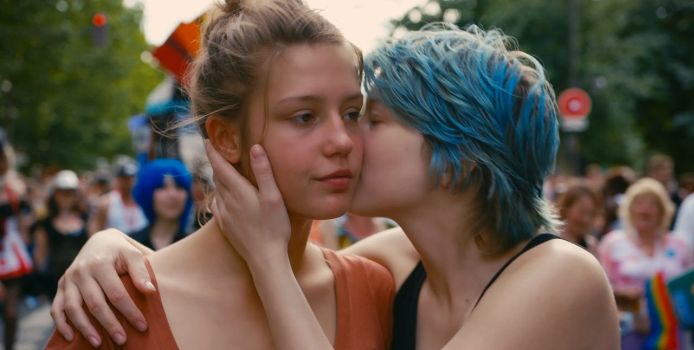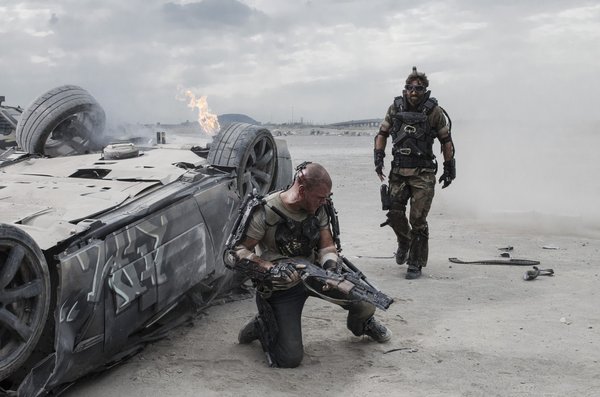inequality
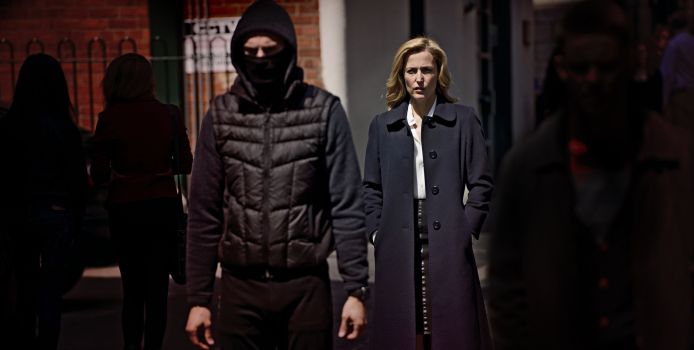
I was watching the North Irish TV show The Fall a while ago and it struck me how handsome Jamie Dornan is, and how fascinating it is that the creators of the show cast him for the role of the sexual predator and serial killer, the villain of the story. In typical crime films and TV, the average sexual predator is portrayed to be a pretty average if not ugly guy, around or older than 40, and if he’s fat, he preferably has a constant sheen of sweat over his forehead. Someone who kind of grosses you out.
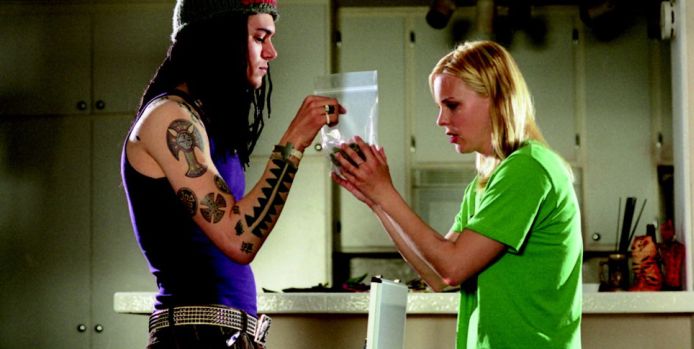
Stoner movies aren’t really the best education on weed culture, I’ll be honest with you. If you learnt everything about toking up from watching comedies like Pineapple Express (2008) and This is the End (2013), you know that men like to get really high. They roll up joints and blunts, take plenty of hits on bongs and bowls, and order in family-size pizzas.
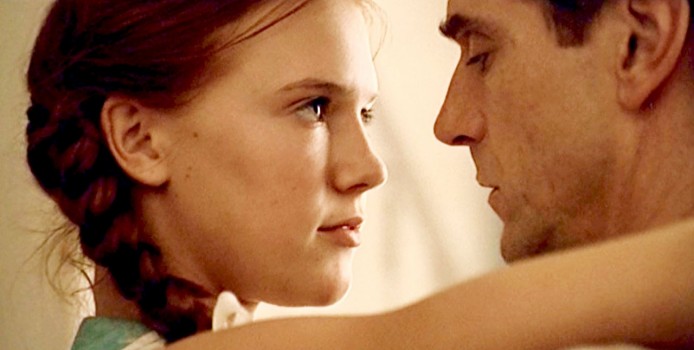
In cinema, age-gap relationships have been forever on display, from Humphrey Bogart and Lauren Bacall to those seen throughout Woody Allen’s cinematic adventures (including his most recent Magic in the Moonlight). The age-gap relationship often takes the form of an older man and a younger girl, though there are the exceptions (take a look at The Graduate). Aside from the problematic conventions of the leading men ageing and the women remaining youthful in looks and spirit, the age-gap film poses questions about sexuality that mainstream Hollywood often shies away from.
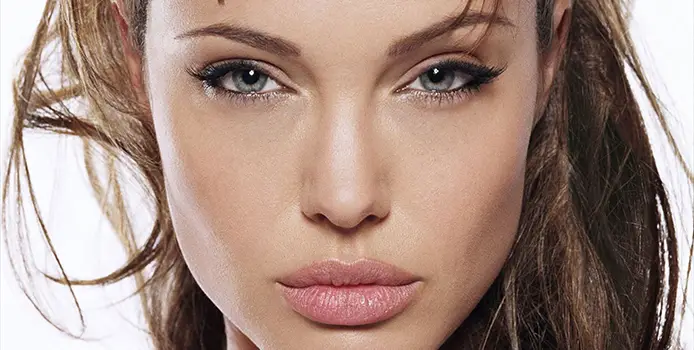
The New York Film Academy have kindly asked for Film Inquiry to discuss and respond to their new infographics. With one of their topics being on gender inequality in cinema (seen below and also found here), I was instantly drawn to writing this article because the issue is very close to my heart, alongside the fact that I would like to go into the cinematic industry when I am older. Will my gender affect my chances of having a job in this male-dominated industry?
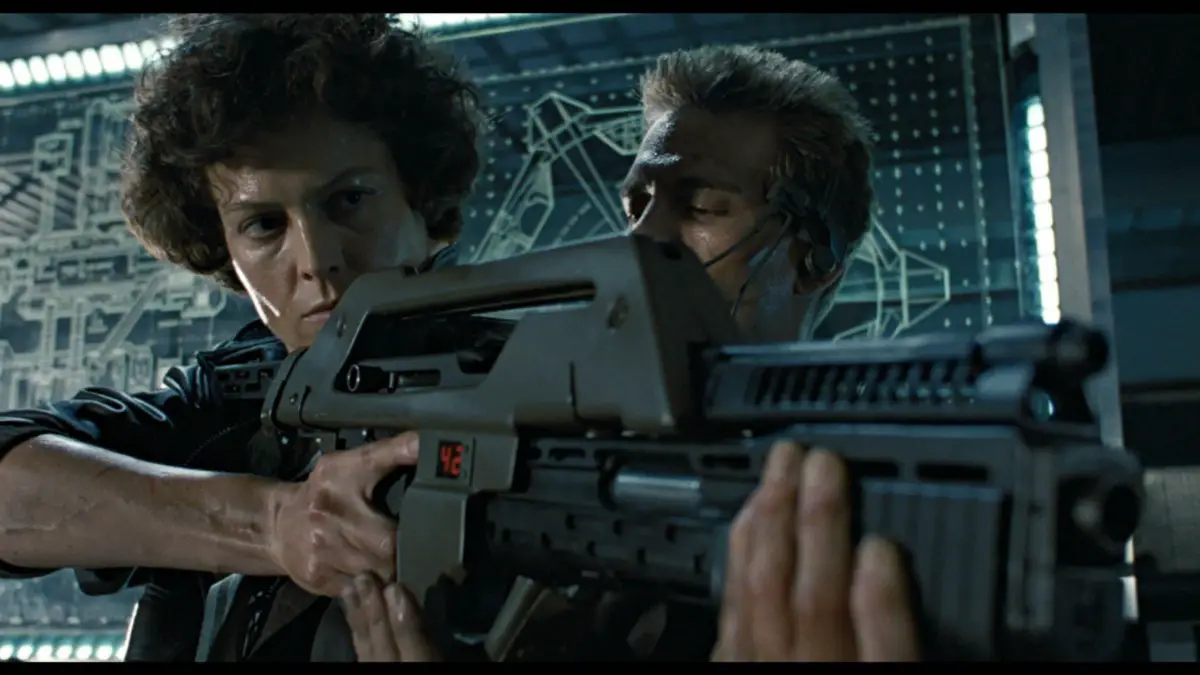
For as long as film has been made, it has been dominated by men, both in its making and on the screen itself. In the beginning we could’ve blamed this inequality on the views of the day. Then we could have blamed it on a societal hangover; views on women as equal to men had only recently changed, and representations hadn’t quite caught up.
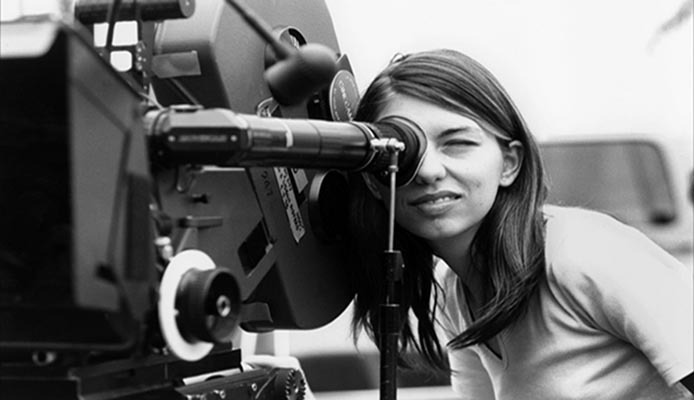
Hollywood has always been something of a boys club. If you think about the golden era of the studio system, you always hear about larger-than-life stars and the maverick, alpha-male directors that made all the classics we know and love today. Think of pictures of giants such as Howard Hawks, Samuel Fuller, John Huston, or Alfred Hitchc*ck, who are usually seen dictating their vision with booming authority.


